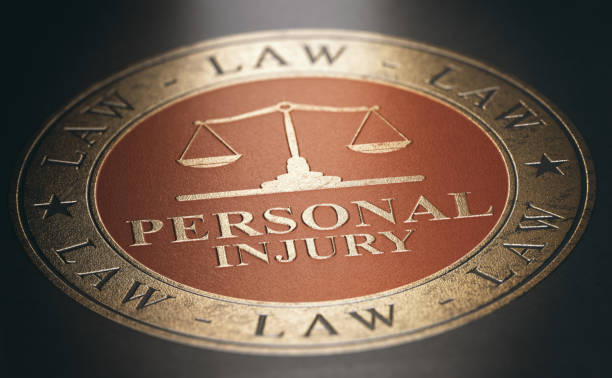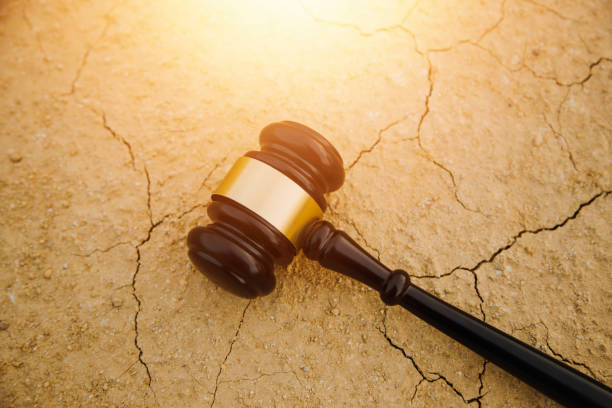This article will explain the most essential aspects and landmark case laws in relation to exemplary damages. The law has a way of making people pay for their misdeeds. But sometimes, the law needs to send a stronger message. That’s where exemplary damages come in.
Definition of Damages
According to the Australian Law Reform Commission (ALRC), four types of damages may be relevant in a tort law action:
- nominal damages
- compensatory damages
- aggravated damages
- exemplary or punitive damages.
Nominal damages are a small sum of money that courts award to a plaintiff in a civil case. This is a way to acknowledge that a party violated the plaintiff’s legal rights, but not to compensate them for any actual loss.
Compensatory damages, on the other hand, intend to compensate the plaintiff for their actual losses, such as medical expenses, lost wages, and pain and suffering.
Moreover, aggravated damages are awarded to a plaintiff in a civil case to compensate them for the additional distress or personal injury arising because of the wrong committed by the defendant.
Finally, punitive exemplary damages is a civil award intended to punish the wrongdoer and deter others from committing similar acts.
What Are Exemplary Damages in NSW?
The Judicial Commission of New South Wales defines exemplary damages as damages that courts award as a form of punishment:
- to deter repetition of reprehensible conduct by the defendant or by others, or
- to act as a mark of the court’s disapproval of that conduct.
They may be granted for a tort committed where the plaintiff and his or her interests were deliberately, intentionally, or recklessly disregarded. Condemnation, reprimand, making the defendant an example, appeasing the plaintiff to curb their desire for vengeance, or expressing their severe displeasure may be the goals of the judgement.
In New South Wales the Civil Liability Act 2002 prohibits a court from awarding exemplary damages in cases of negligence that result in injury and death.
The Legal Test for Awarding Exemplary Damages
The High Court of Australia, in the Whitfeld case penned by Knox CJ, established the test and has consistently accepted the language that exemplary damages will be awarded in cases of ‘conscious wrongdoing in contumelious disregard of another’s rights.’ The case will be discussed in the later section of this article.

Difference Between Exemplary Damages and Other Forms of Civil Damages
| Damages | Purpose | Criteria For Award |
| Exemplary damages | To punish the wrongdoer and deter others from committing similar acts. | The wrongdoer’s conduct must be intentional and outrageous. Awarding exemplary damages must be necessary to deter others from committing similar acts. |
| Compensatory damages | To compensate the victim for their losses. | The victim must have suffered actual losses, such as financial losses, medical expenses, or pain and suffering. |
| Nominal damages | To acknowledge that the plaintiff’s legal rights have been violated, but not to compensate them for any actual losses. | The plaintiff must have suffered a legal wrong, but they must not have suffered any actual losses. |
| Aggravated damages | To compensate the victim for the additional distress or injury to feelings arising from the manner in which the defendant committed the wrong against them. | The victim must have suffered additional distress or injury to feelings due to the defendant’s conduct. |
Case Law on Exemplary Damages
Exemplary damages aim to punish defendants for their conduct and deter others from engaging in similar behaviour. This section will explore certain case laws in relation to exemplary damages in Australia and examine their impact on the legal landscape.
Whitfeld v De Lauret & Co Ltd (1920) 29 CLR 71
In this case, the term repeatedly relied upon as the basis for the award of exemplary damages is ‘conscious wrongdoing in contumelious (scornful or insulting) disregard of another’s rights.’ The defendant’s conduct must be such that punishment is warranted. It may include elements of:
- malice
- violence
- cruelty
- high-handedness or abuse of power.
Uren v John Fairfax & Sons Pty Ltd
This case establishes that an award of exemplary damages should be based on something more substantial than mere disapproval of the defendant’s conduct.
Lamb v Cotogno (1987) 164 CLR 1
In this 1987 case involving trespass to the person, the High Court held that malice on the defendant’s part was not necessary for exemplary damages to be awarded, but damages may be awarded where the defendant’s conduct is malicious, contumelious or insolent. The High Court stated:
“The absence of actual malice did not disentitle the plaintiff to exemplary damages. Whilst there can be no malice without intent, the intent or recklessness necessary to justify an award for exemplary damages may be found in contumelious behaviour which falls short of being malicious or as not aptly described by using that word.“
Adams v Kennedy [2000] NSWCA 152
In the decision, when various grounds of action arose from closely related incidents, the court only awarded one overall sum as exemplary damages. The defendants’ actions were abhorrent, and the court disapproved of them.
The sum should also serve as a reminder to state officials in charge of the police force that they must be trained and subjected to punishment in order to prevent abuses similar to those that took place in the current case.

Need to Learn More About Exemplary Damages?
If you wish to learn more about exemplary damages, you should consult with a lawyer. A lawyer can help you in several ways, such as:
- Explain the concept of exemplary damages and personal injury cases
- Discuss the legal requirements for awarding exemplary damages in exceptional circumstances. To get exemplary damages, the plaintiff must show that such conduct from the defendant was intentional and outrageous.
- Help the plaintiff gather evidence to recover exemplary damages. This evidence may include witness statements, medical records, and financial records.
- Represent the plaintiff in court. If the case goes to trial, the lawyer will represent the plaintiff and argue for the award of exemplary damages. Lawyers are able to discuss what the court considers and what they don’t consider regarding damages awarded to proceedings.
JB Solicitors can provide you with these services. Our team of expert lawyers can help you develop a strategy for your case and ensure that you are taking the necessary steps to protect your interests.
Contact us today, and let’s discuss more about this.
